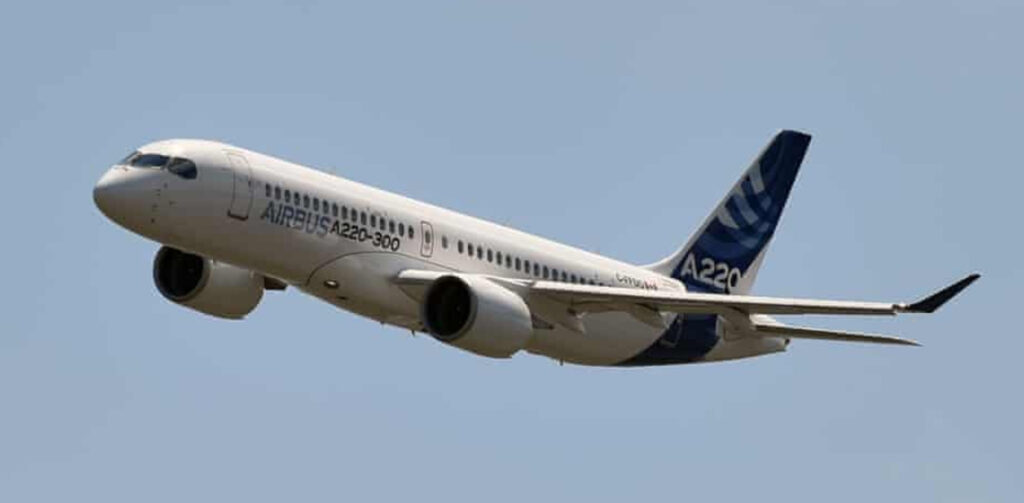Thousands of workers at Northern Ireland’s largest manufacturing employer are facing deep uncertainty after Airbus agreed to partially take over Belfast’s historic aerospace factory, leaving many jobs hanging in the balance.
Airbus, the world’s leading planemaker, announced on Monday it would acquire specific parts of Spirit AeroSystems, including the Belfast-based wing and fuselage production for the A220 passenger jet, employing around 1,500 workers. However, the agreement allows for the possibility that fuselage production could still be sold to another company if Spirit AeroSystems secures a buyer before the Airbus deal closes.
Uncertainty Clouds Future for 2,000 Workers Outside Airbus Deal
More than 2,000 additional workers at the Belfast site, producing parts for clients such as Bombardier, Honda Aircraft, and Rolls-Royce, were not included in the Airbus acquisition. Their future now hangs in the balance as ownership of the site—trading under the historic Short Brothers name—faces a potential breakup, threatening the future of one of the world’s oldest aerospace operations.
The division of Spirit AeroSystems comes after Boeing announced a $4.7 billion (£3.5 billion) deal last year to acquire the manufacturer to strengthen its supply chain after a series of safety crises. Airbus, wary of Boeing owning key parts of its production, will take over facilities not only in Belfast but also in North Carolina, Kansas, France, Morocco, and Scotland. Spirit will pay Airbus $439 million to assume control of these sites.
Plant’s Financial Struggles and Worker Concerns
Belfast’s aerospace factory is already under financial pressure, having posted a $338 million loss in 2023 and cumulative losses exceeding $1.2 billion since 2016. It remains unclear whether Boeing will continue to operate the non-Airbus portions of the Belfast factory, adding to worker anxieties.
Trade unions Unite and GMB have voiced “serious concerns” about the future of the workforce. They have urged that the Belfast site be sold to a single buyer to protect jobs and prevent the dismantling of Northern Ireland’s aerospace sector.
Unions Call for Government Intervention
Unite general secretary Sharon Graham urged the UK government to step in, citing its considerable leverage through contracts and grants provided to aerospace manufacturers. “It cannot drop the ball and allow the collapse of Northern Ireland’s strategic and world-class aerospace sector,” she stressed.
GMB’s senior organiser Alan Perry echoed the sentiment, emphasising the need to maintain the Belfast operation as “one identity.” He added: “This company, which has been here for more than 150 years, we will fight tooth and nail to protect and maintain jobs for future generations.”
Airbus pledged to ensure stability within its supply chain, stating that non-Airbus operations in Belfast would either transfer to Boeing or be sold by Spirit before the deal closes. Meanwhile, at Prestwick in Scotland, most of the 1,200 employees are expected to transfer to Airbus, although the company indicated it would reassess the long-term future of that site as part of broader industrial planning.


